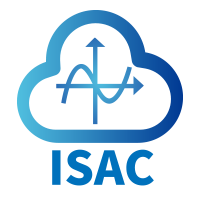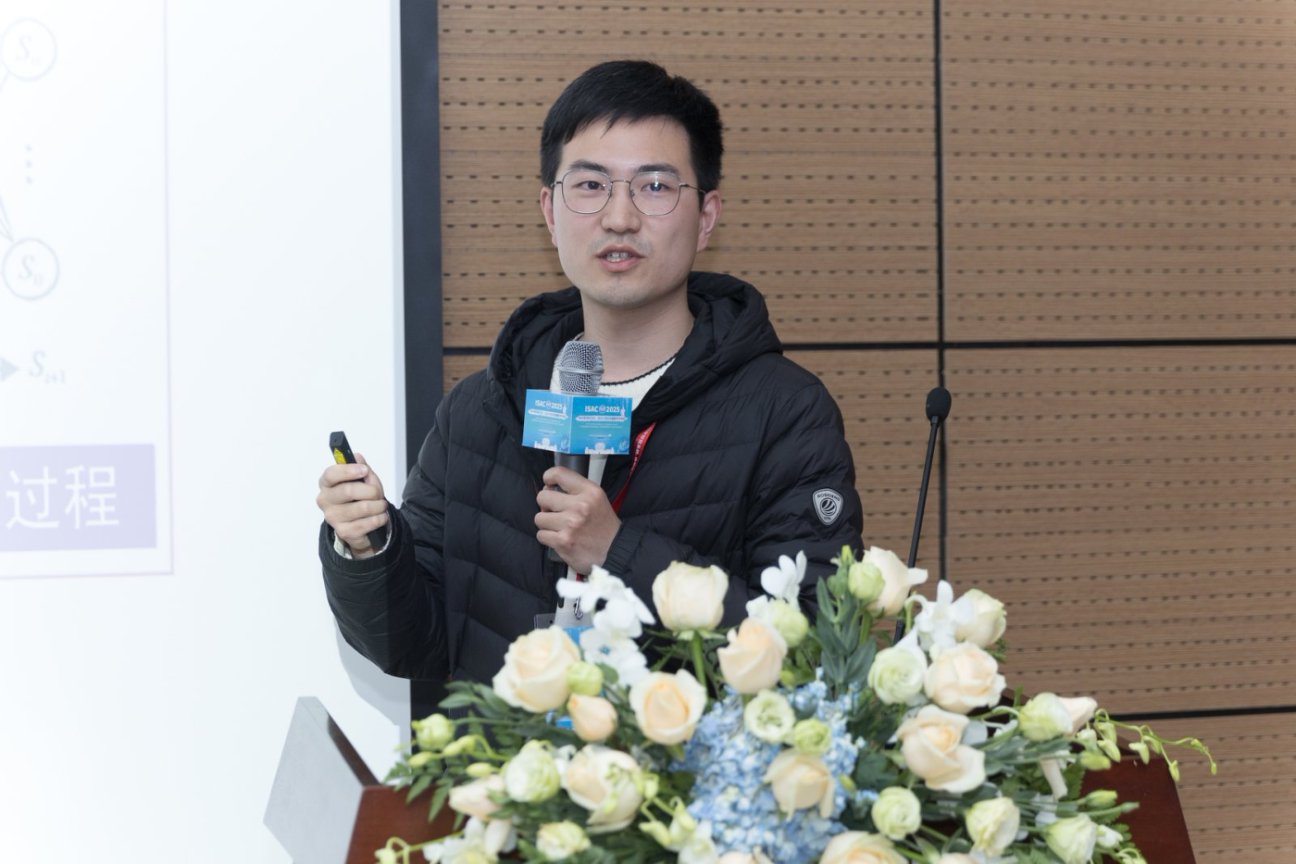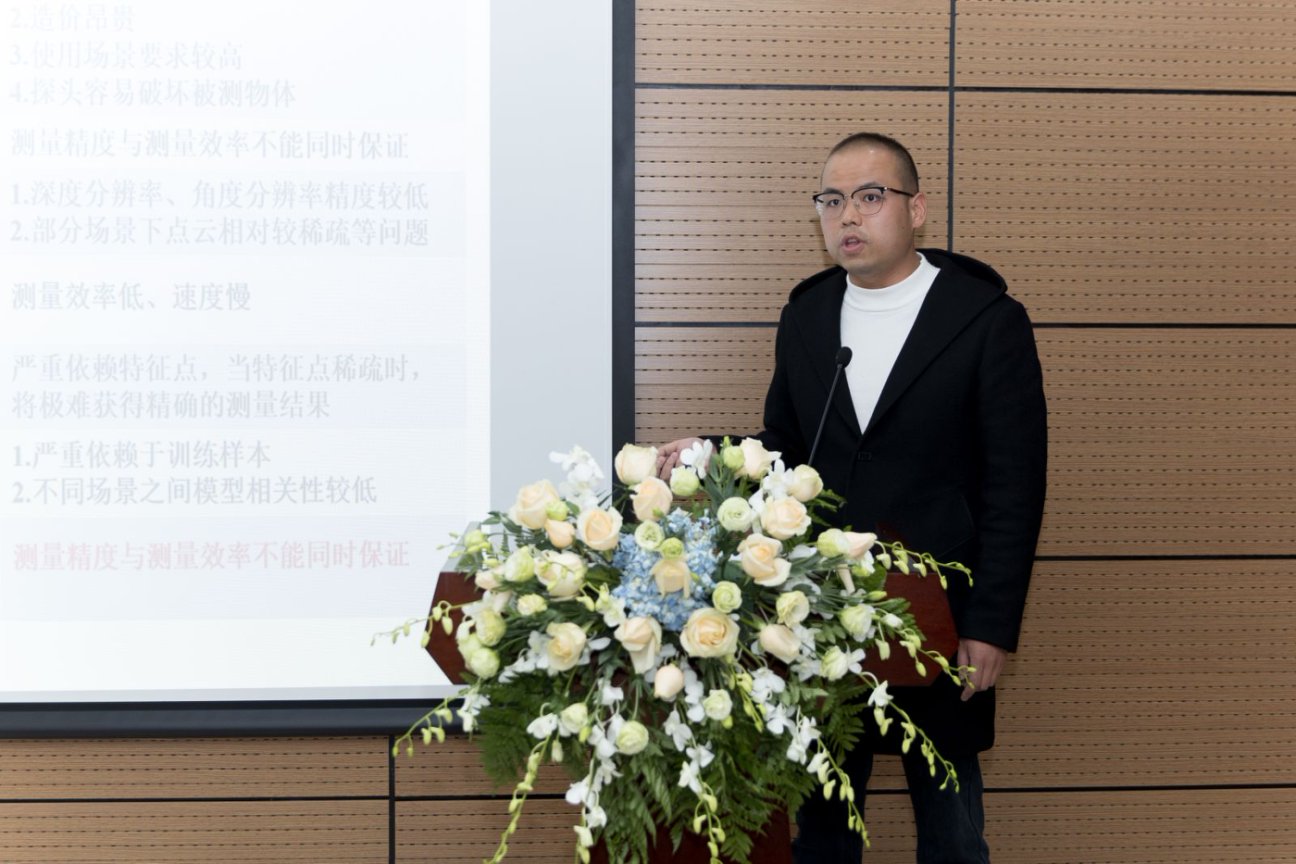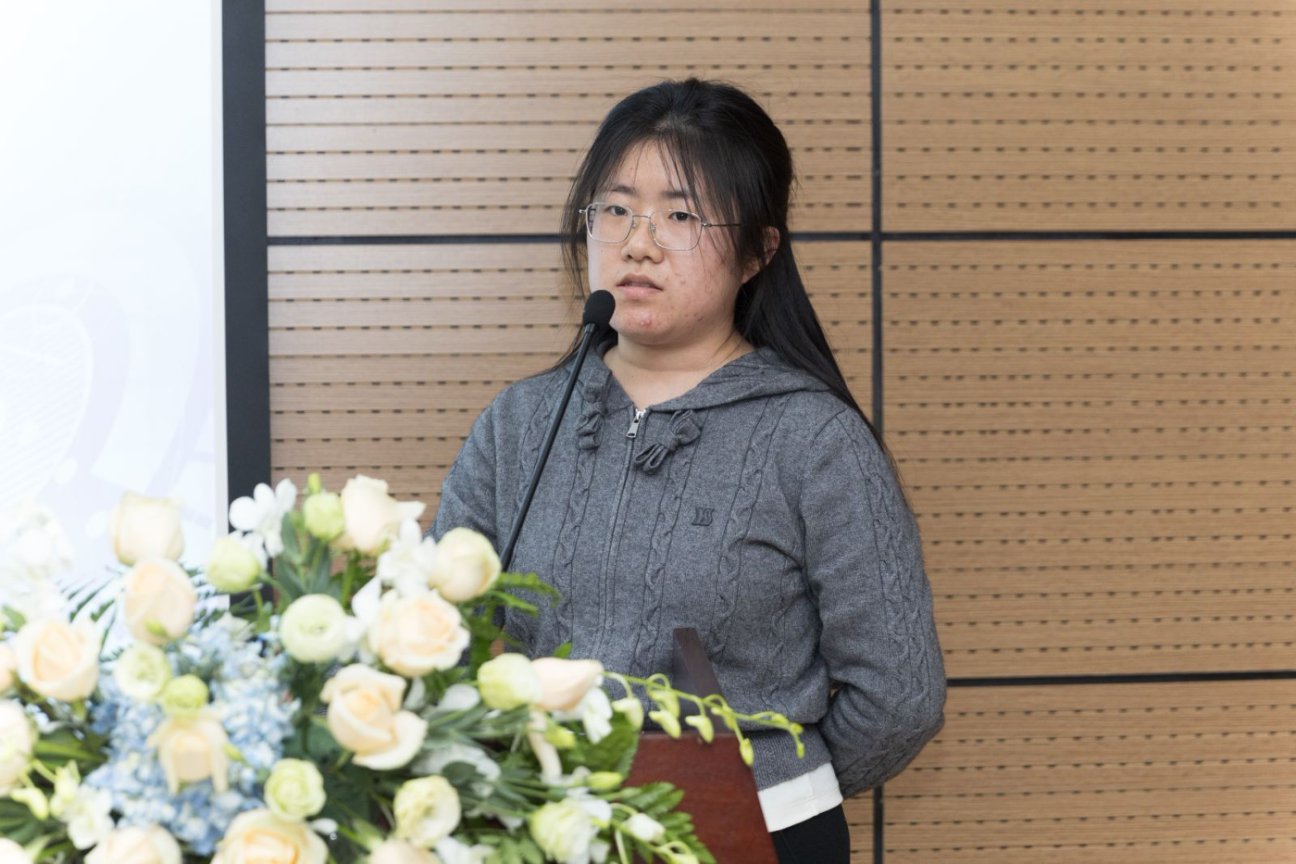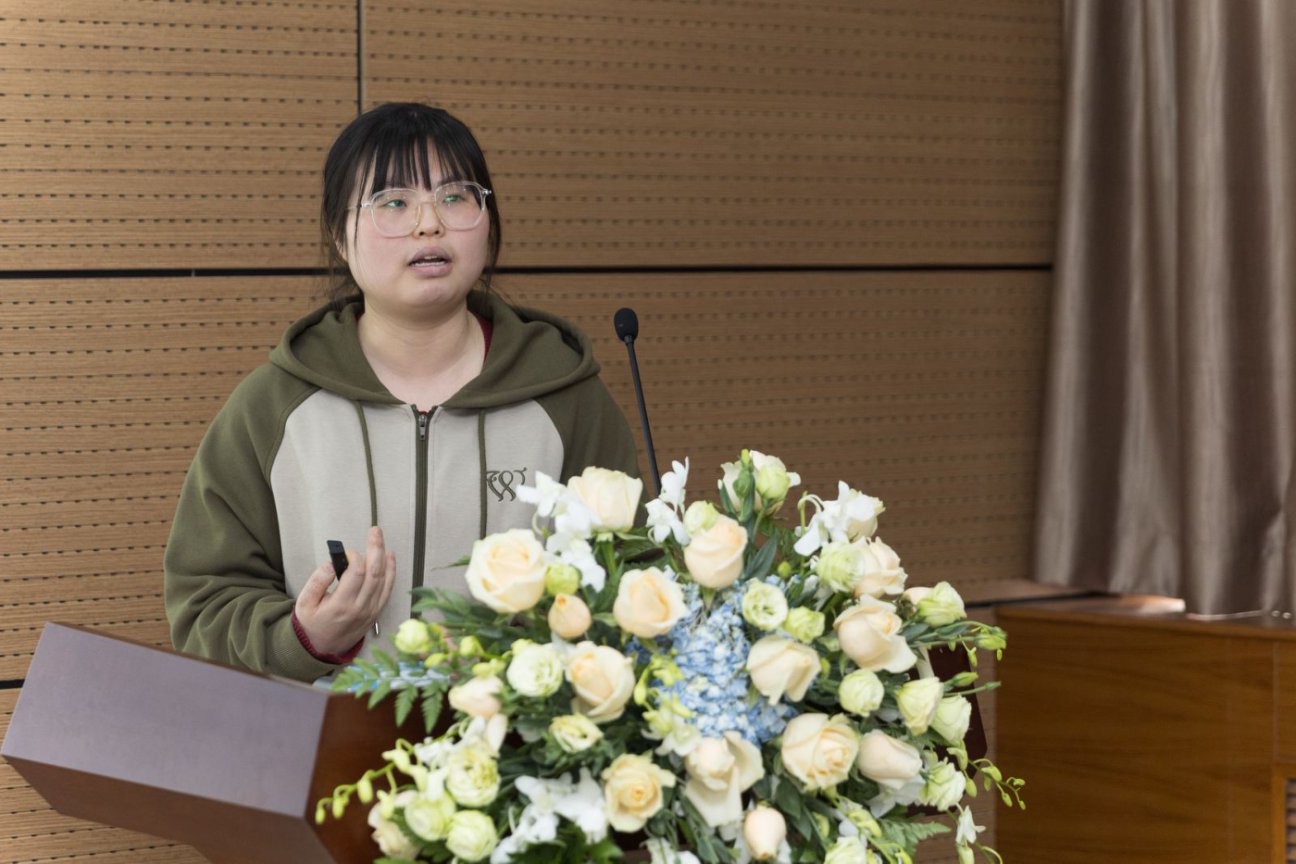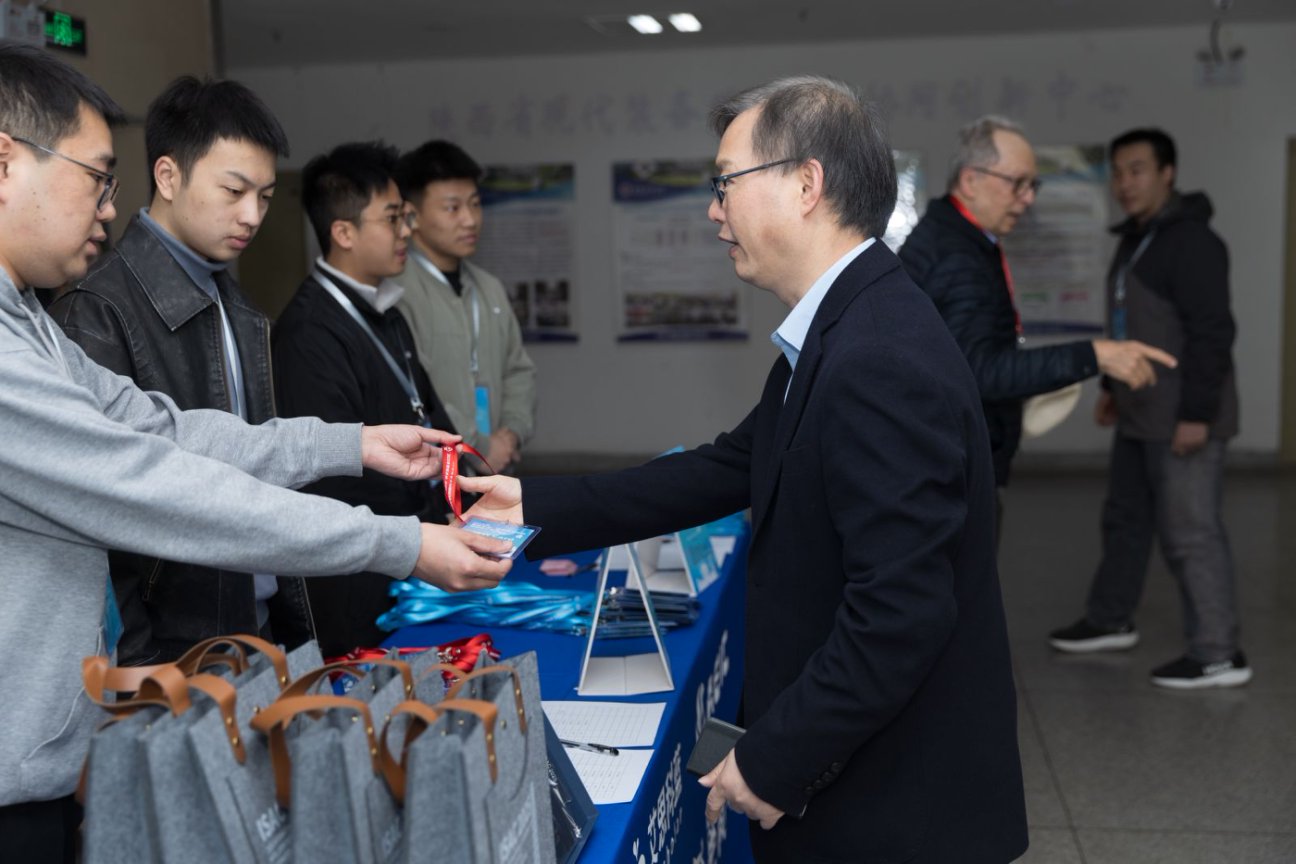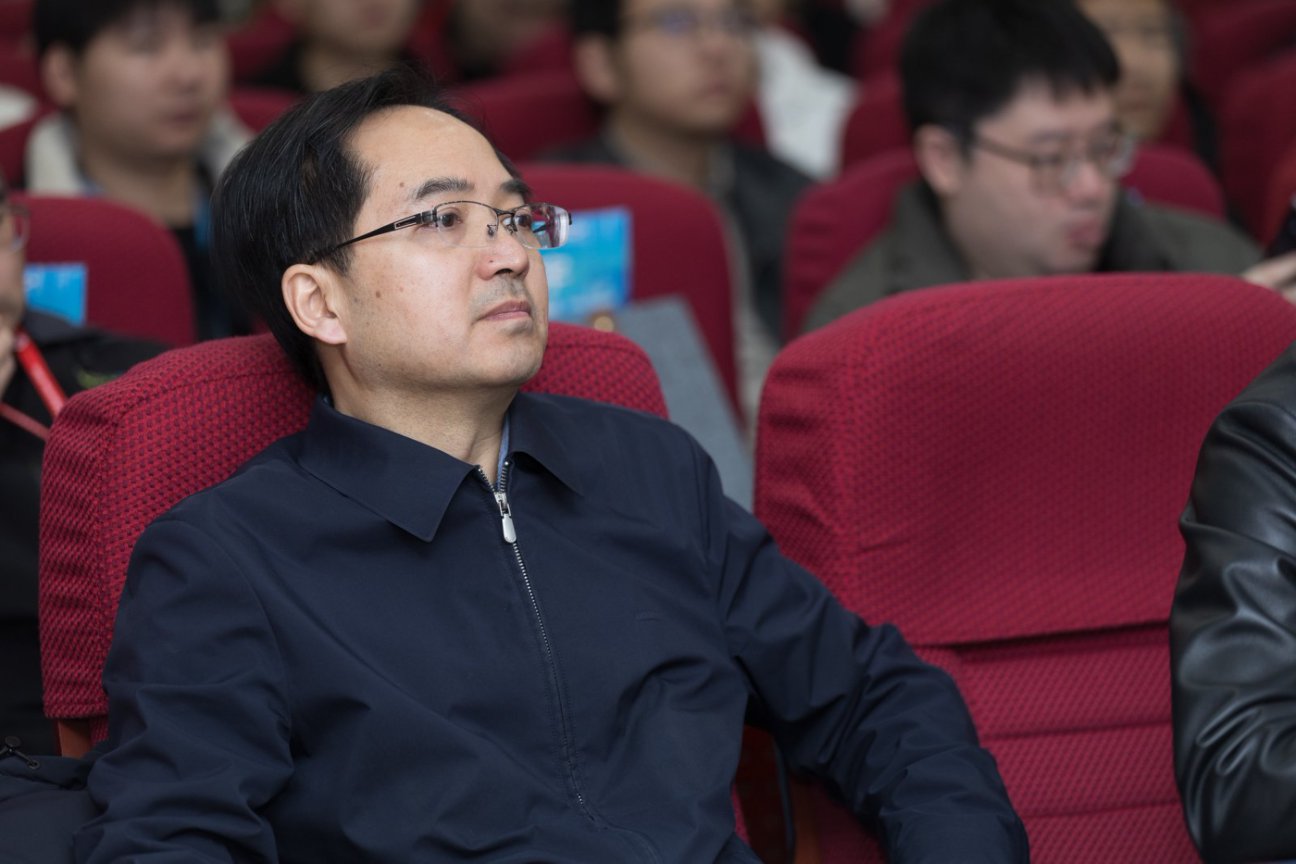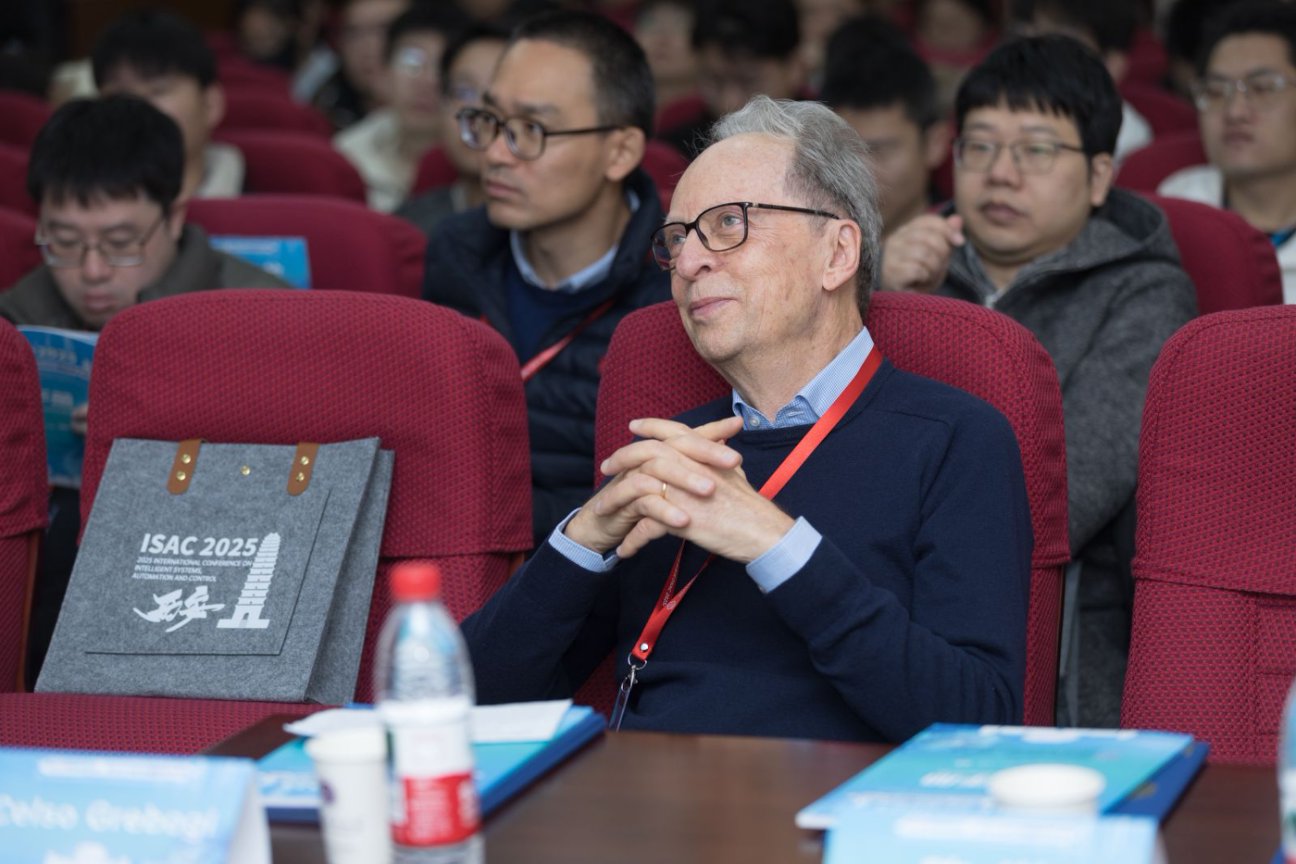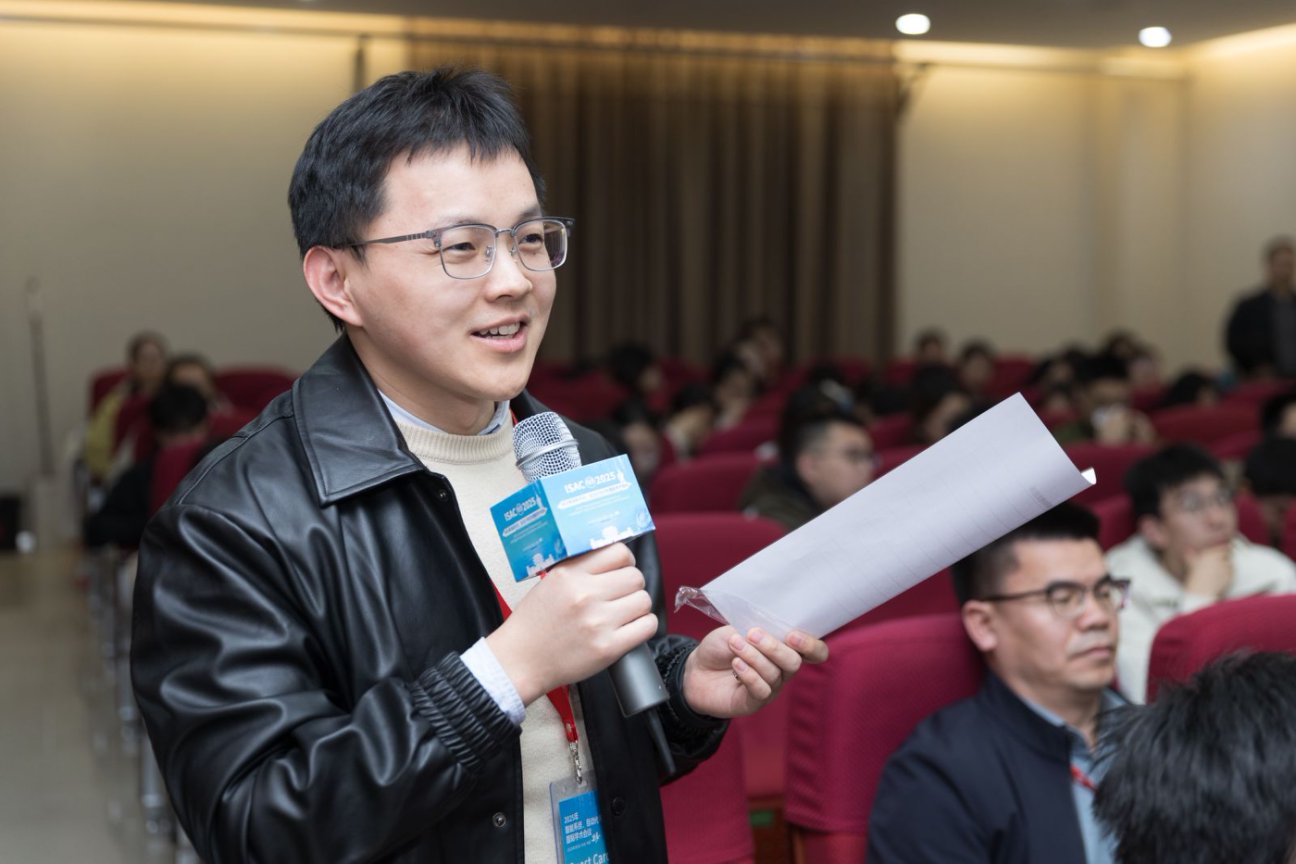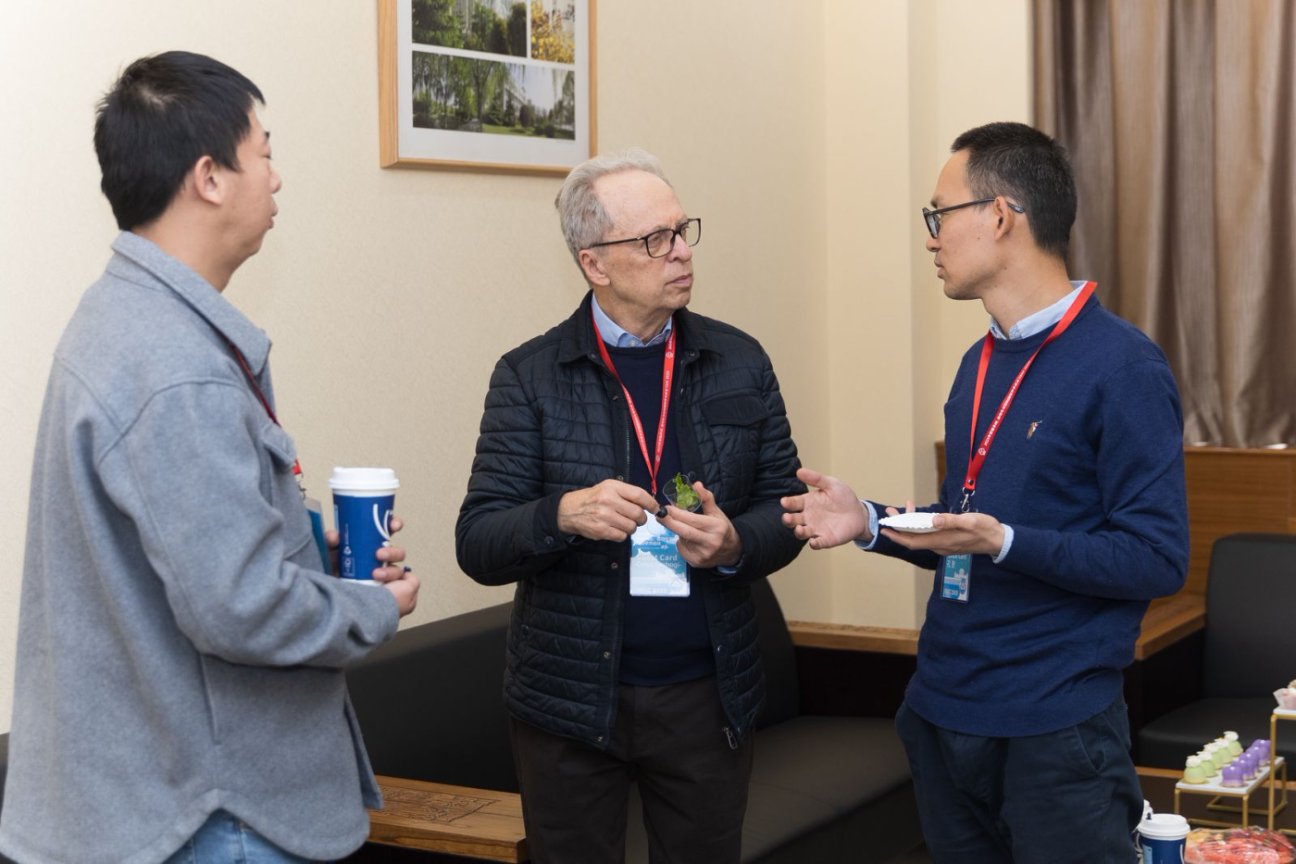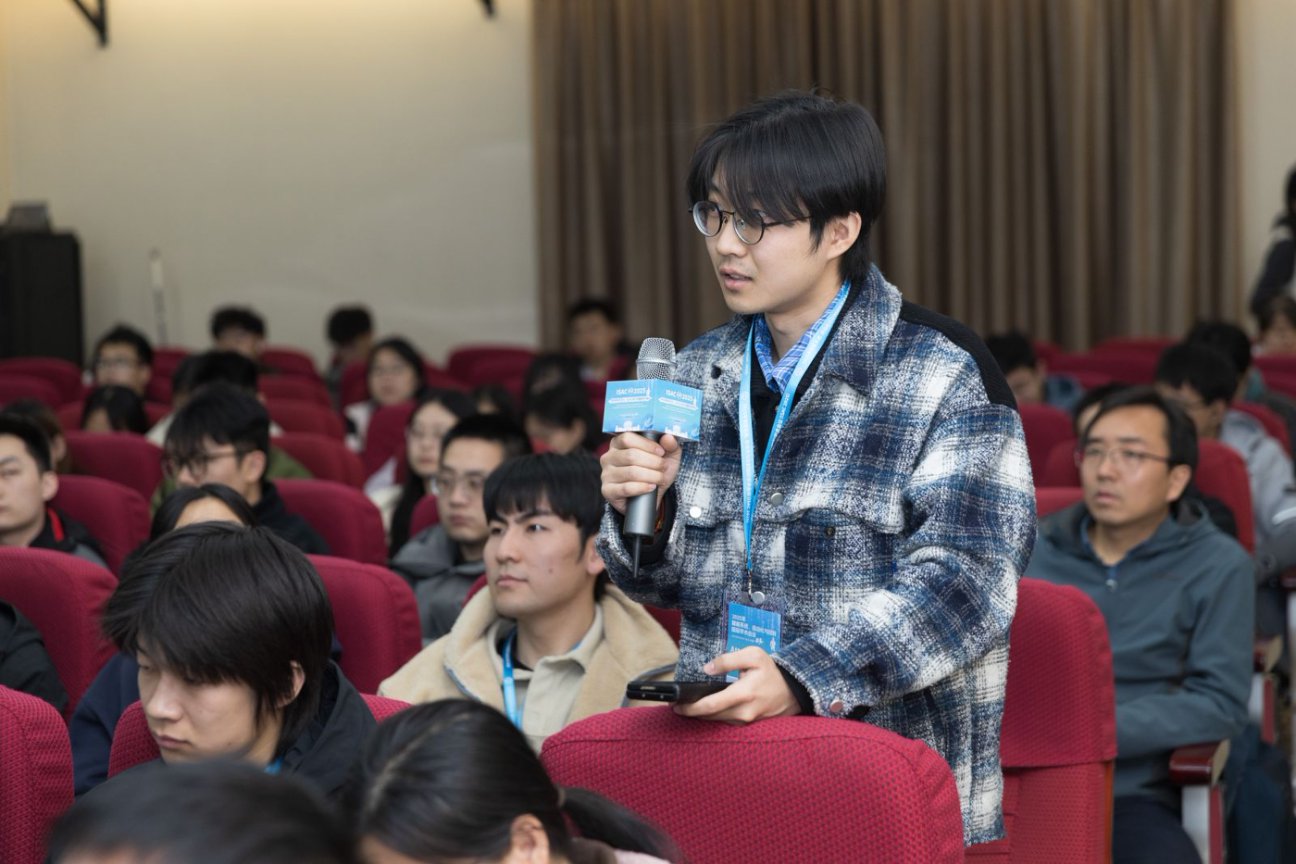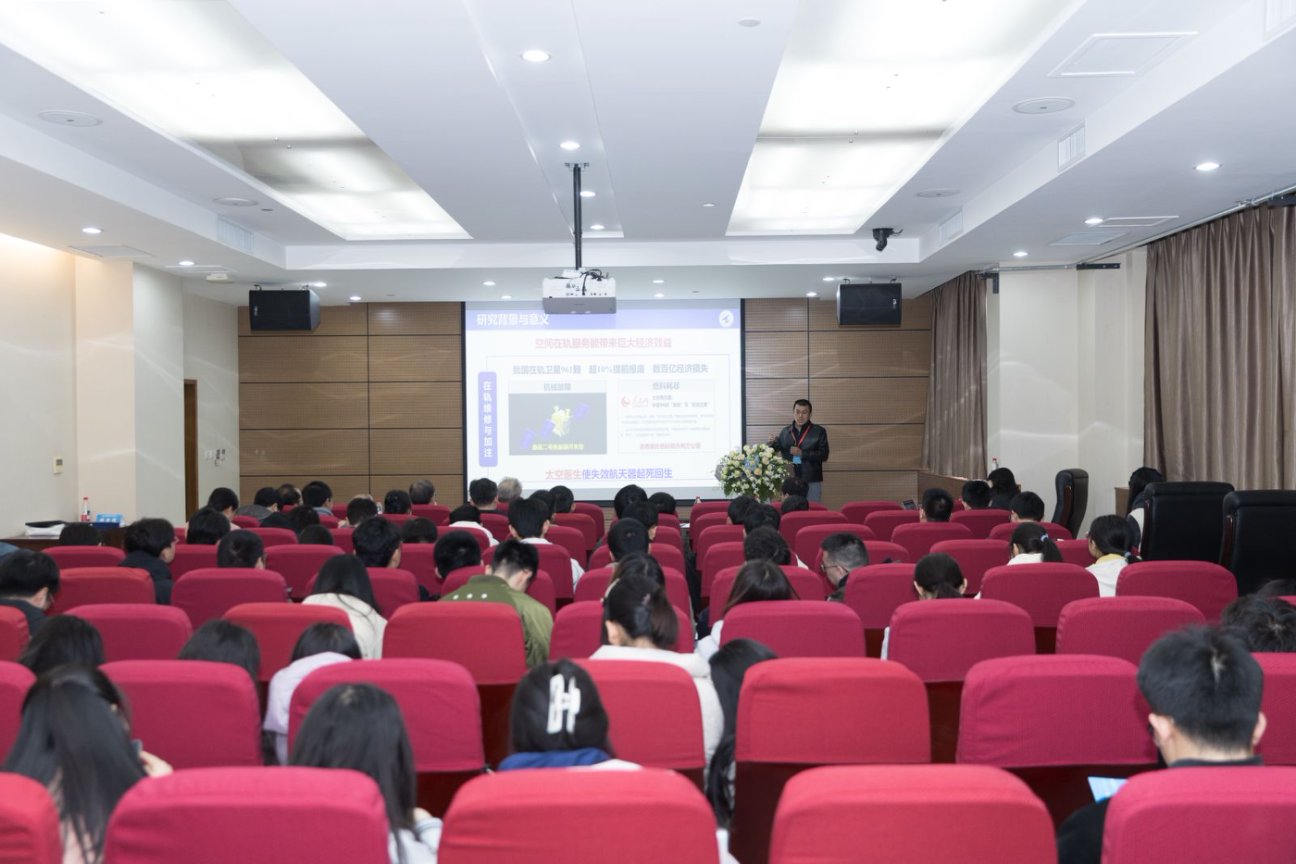The 2025 International Conference on Intelligent Systems, Automation and Control (ISAC 2025) was successfully held in Xi'an from March 28th to 30th, 2025. This conference was hosted by Xi'an University of Technology, and organized by the School of Automation and Information Engineering of Xi'an University of Technology. It was co-organized by Beihang University, Nanjing University of Aeronautics and Astronautics, Beijing Institute of Technology, Dalian University of Technology, Xi'an Technological University, Hefei University and Xi'an University of Science and Technology. With the theme of "Intelligent Manufacturing, Control Theory and Application, Automation Technology, Dynamic System Analysis and Intelligent Control", the conference attracted many top experts and scholars, scientific and technological workers, and entrepreneurs from home and abroad to participate, and they jointly discussed the latest research results and future development trends in this field.
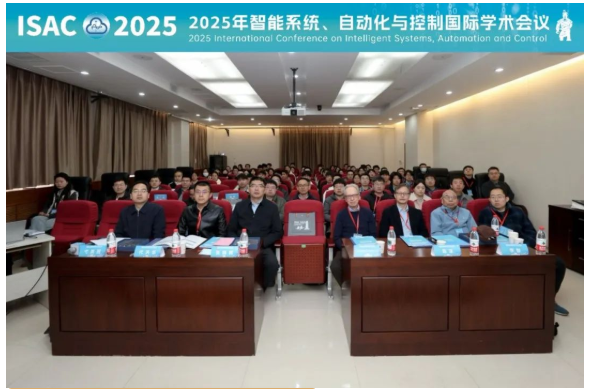
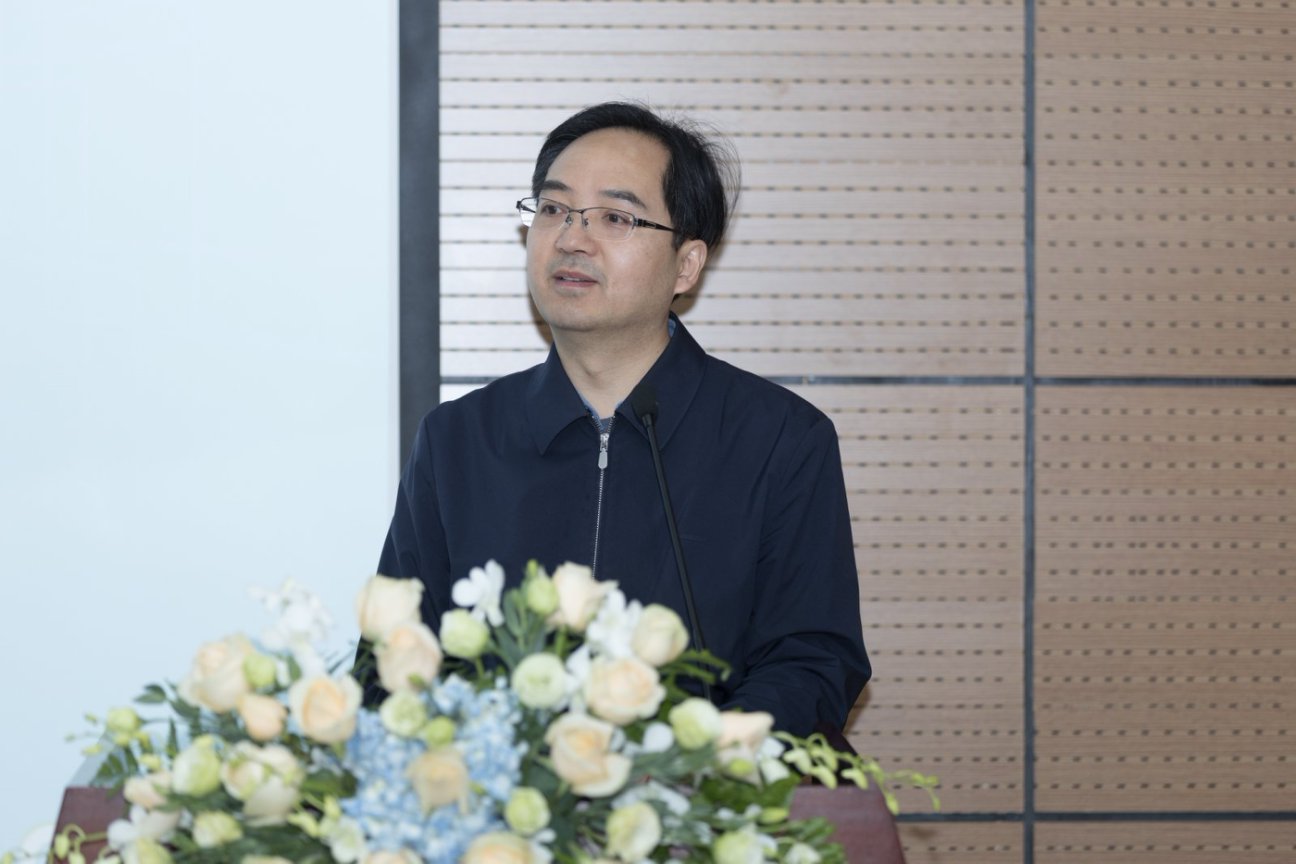
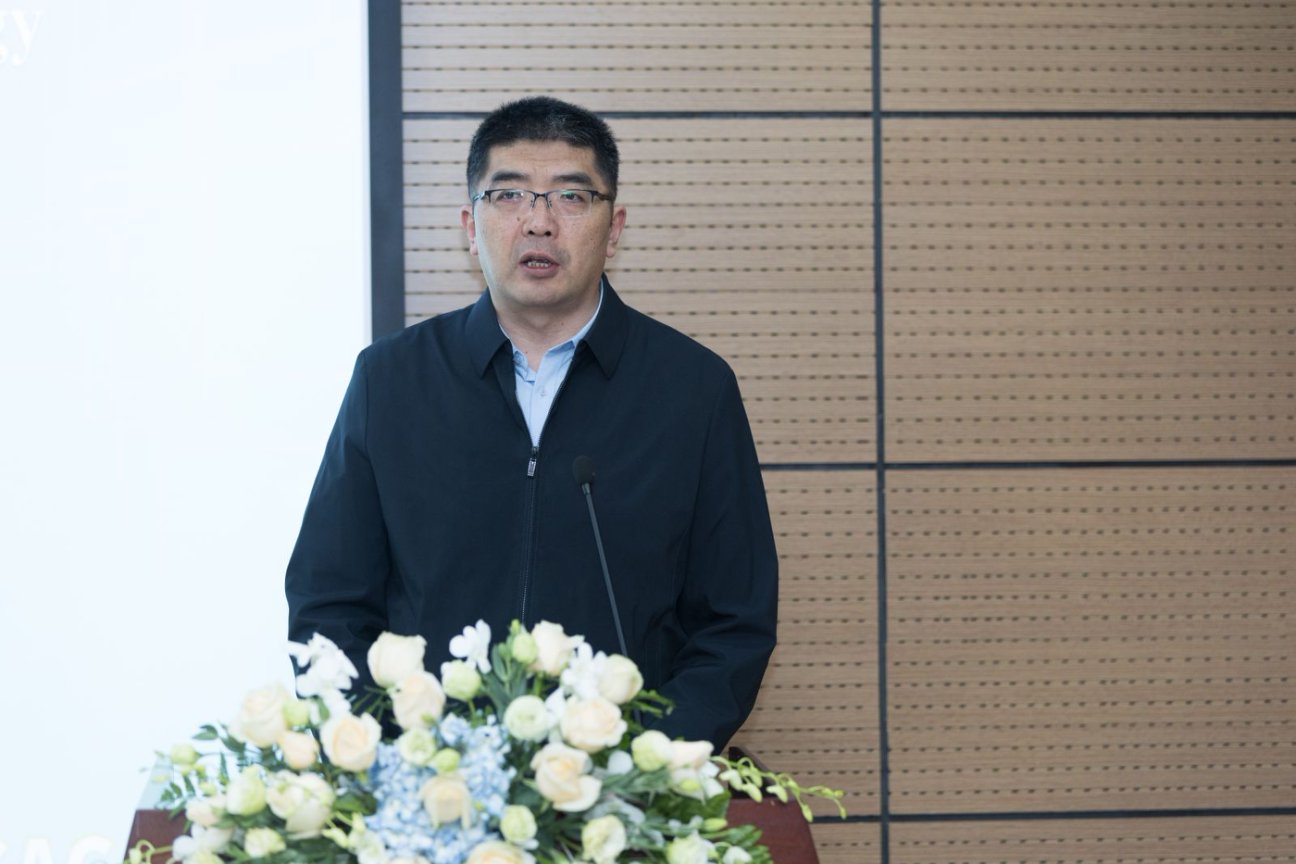
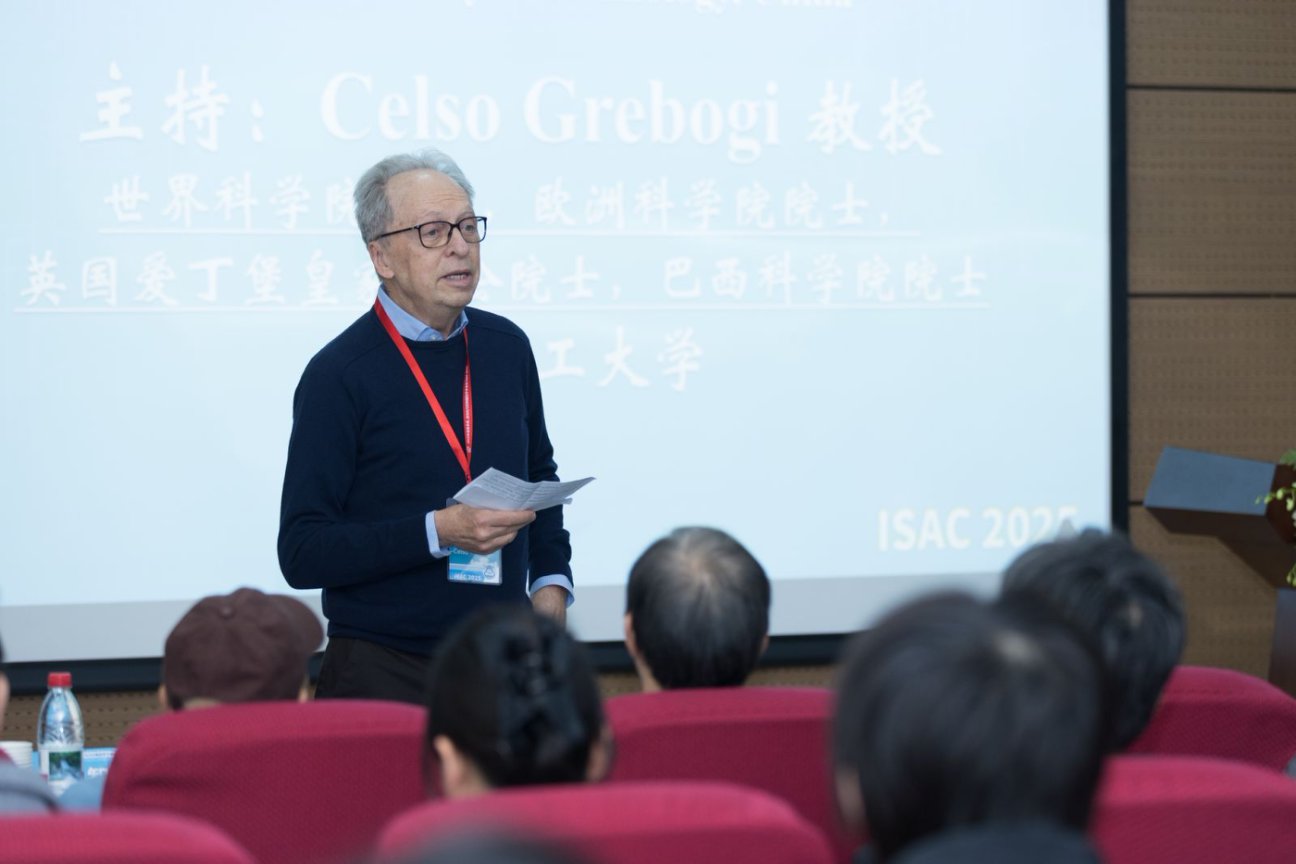
The first keynote presentation was delivered by Professor Chen Mou, the dean of the Automation College of Nanjing University of Aeronautics and Astronautics [National Young Top Scholar, IET Fellow, CAA Fellow]. The title of the presentation was "Research on Anti-interference Control Technology for Unmanned Aerial Vehicles Based on Disturbance Observer". Professor Chen Mou shared the progress of his research on designing efficient control systems in complex flight environments and discussed various anti-interference control methods. The participants showed great interest in this and actively participated in the discussions.
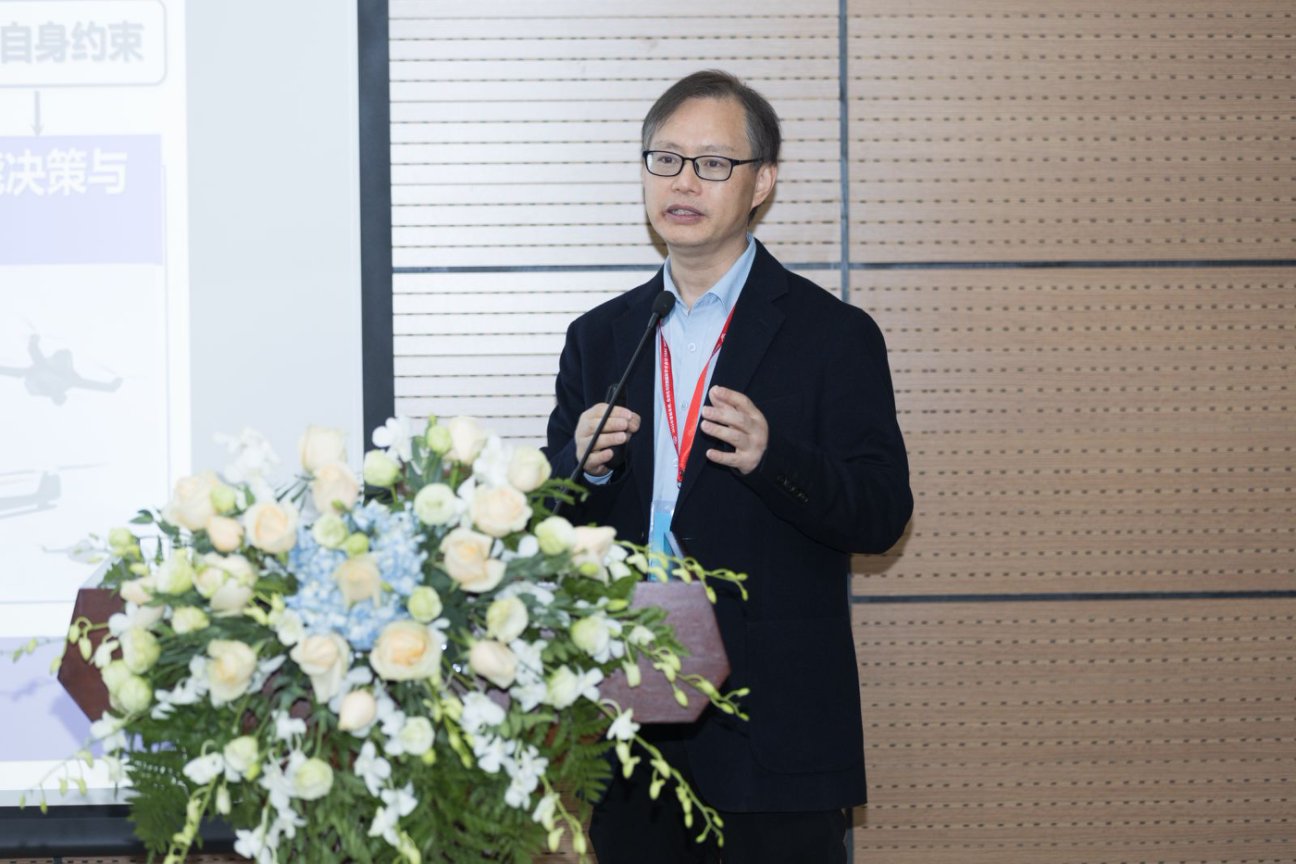
Professor Dai Honghua from Northwestern Polytechnical University [National Young Top Scholar] delivered a report titled "On-Orbit Service Dynamics and Control". Professor Dai discussed the significance of service spacecraft in cleaning space debris and repairing malfunctioning satellites, and focused on introducing the real-time calculation technology for dealing with non-cooperative targets. His research was based on the concept of "first deceleration then capture", successfully solving the problems of dynamic modeling and real-time calculation in compliant takeover, and was highly recognized by the attending scholars.
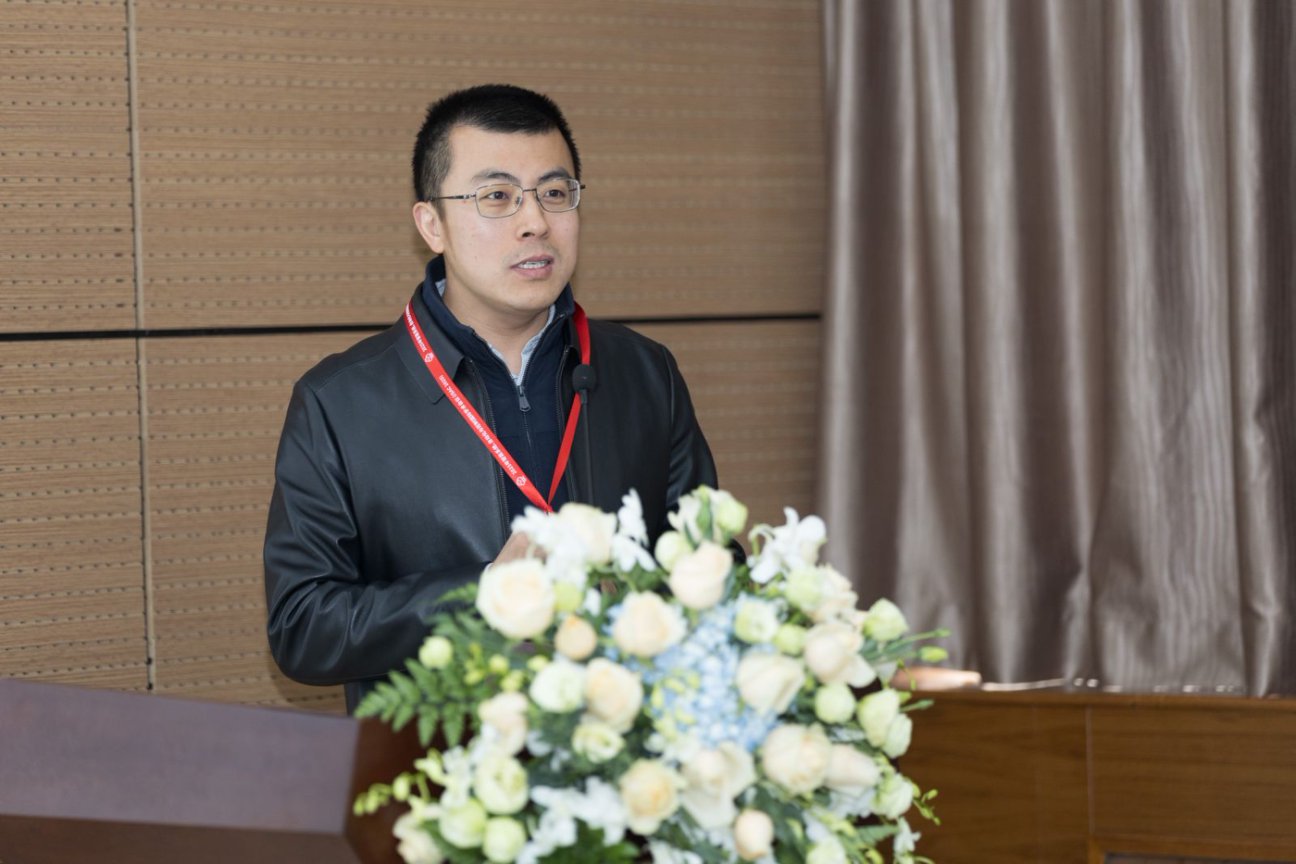
Immediately following this, Professor Li Zhi, a second-level professor from Xi'an University of Electronic Science and Technology and an academician of the European Academy of Sciences, also delivered an excellent presentation to the participants. The title of his report was "Constrained Inclusion Control". Professor Li Zhi introduced the research results of multi-agent constrained inclusion control, proposed control methods to deal with different constraints and bounded disturbances, and improved the analysis and proof methods for switched topological systems, which sparked extensive discussions among the participants.
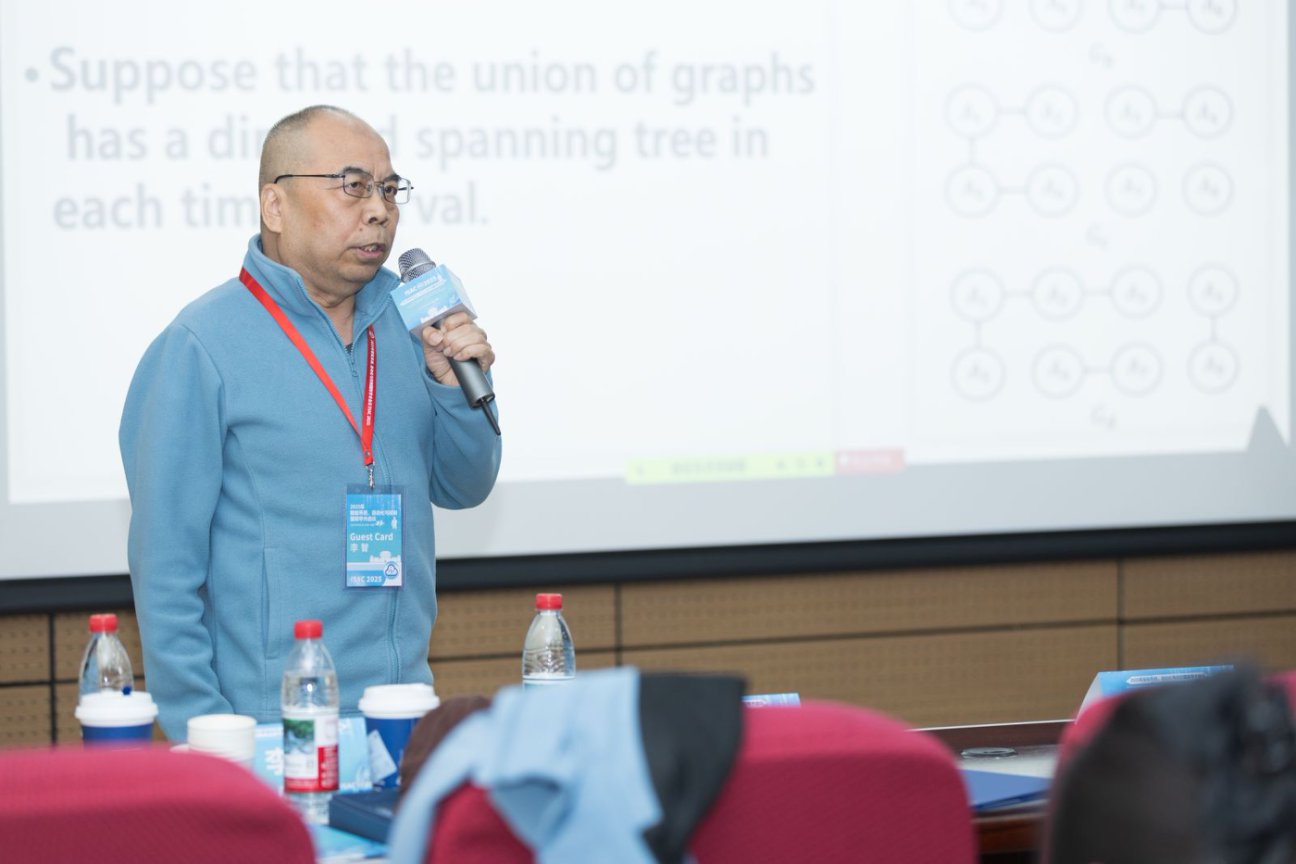
Researcher Kong He from Southern University of Science and Technology [a national overseas high-level young talent] presented a talk titled "Robot Sound Perception in the Context of Embodied Intelligence - Opportunities and Challenges", discussing the application opportunities and challenges of robot sound perception in multimodal technology. The talk received high attention from the attendees. The report pointed out that the aim is to enable robots to perceive and understand sound information in complex environments, and addressing these challenges is crucial for the interaction between embodied intelligent systems and the environment.
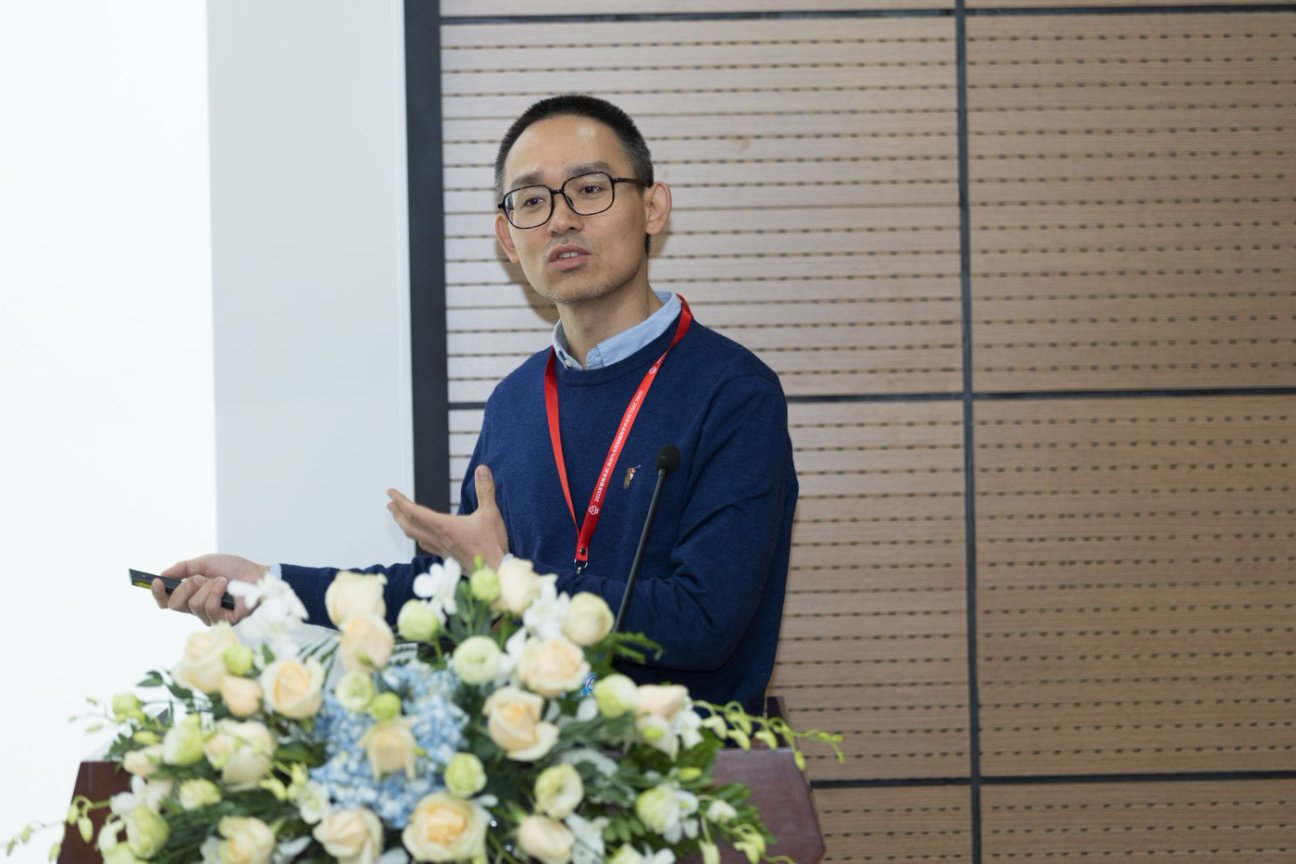
Professor Liu Kailong from Shandong University, a "National Overseas High-level Talent", presented a talk titled "Intelligent Battery Management Based on Explainable Data Science Technology", in which he thoroughly discussed the cutting-edge technologies in new energy management and energy storage system integration. His presentation sparked in-depth discussions among the audience about green energy technologies.
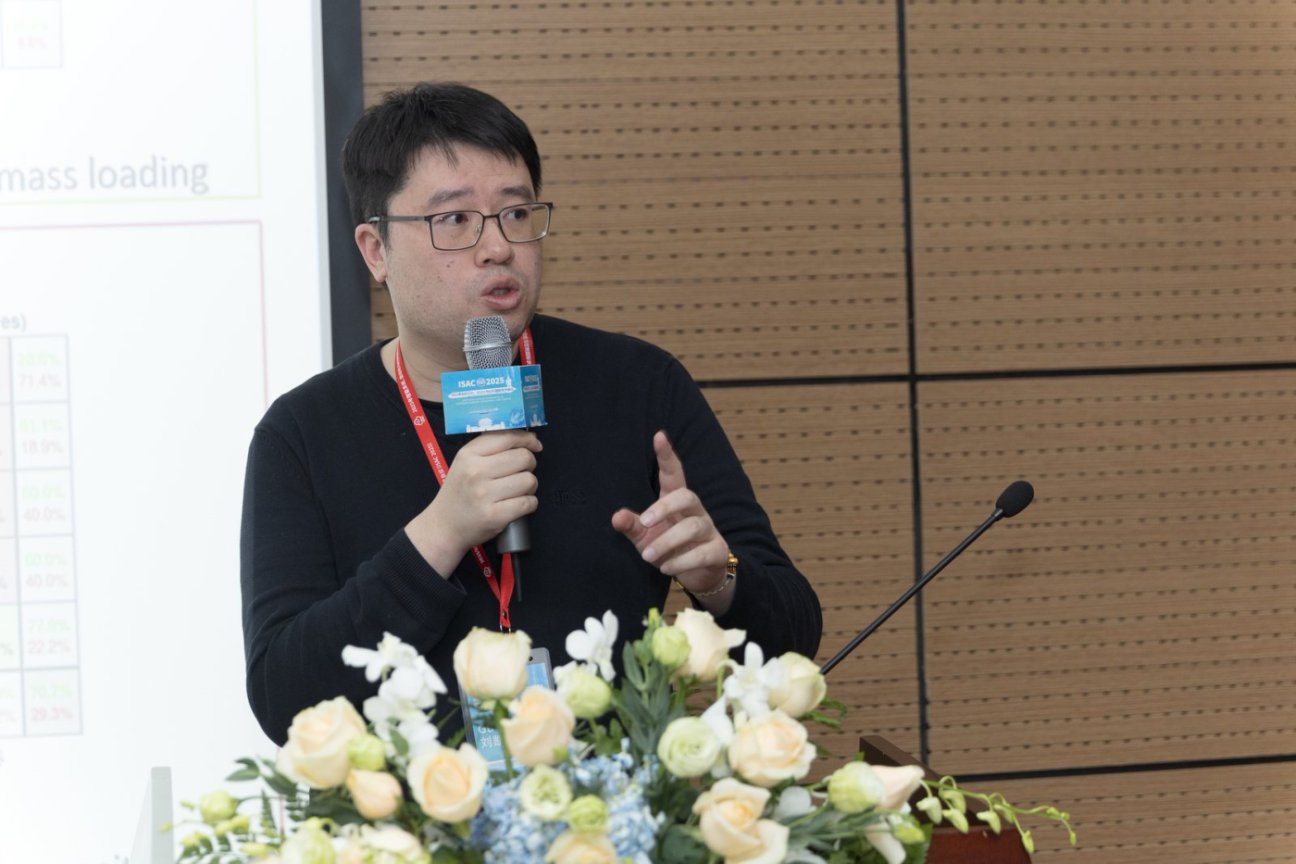
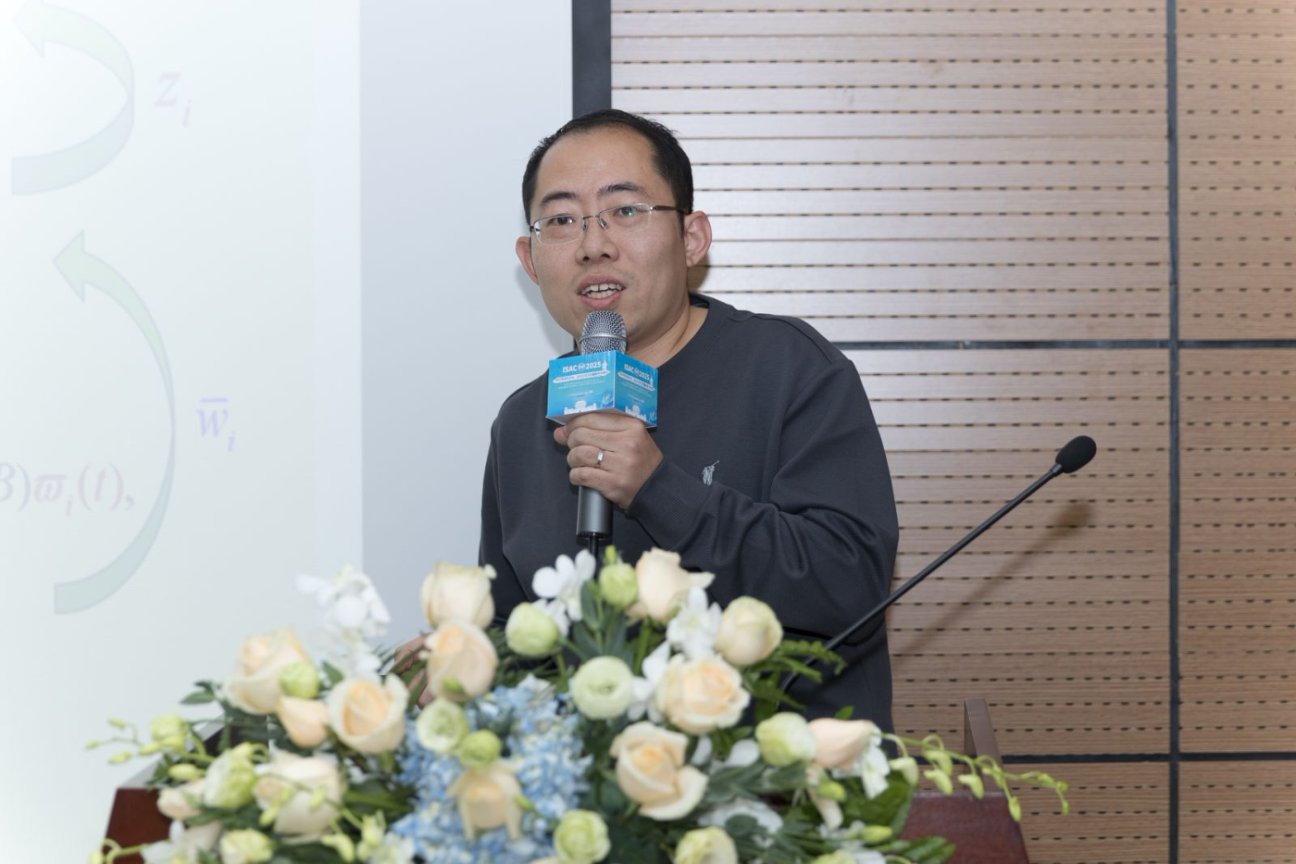
Professor Qi Wenhai from Qufu Normal University has proposed a new idea regarding "Control of Semi-Markov Switching Systems". His exploration and application in the field of control system research have enhanced academic exchanges within the domain.
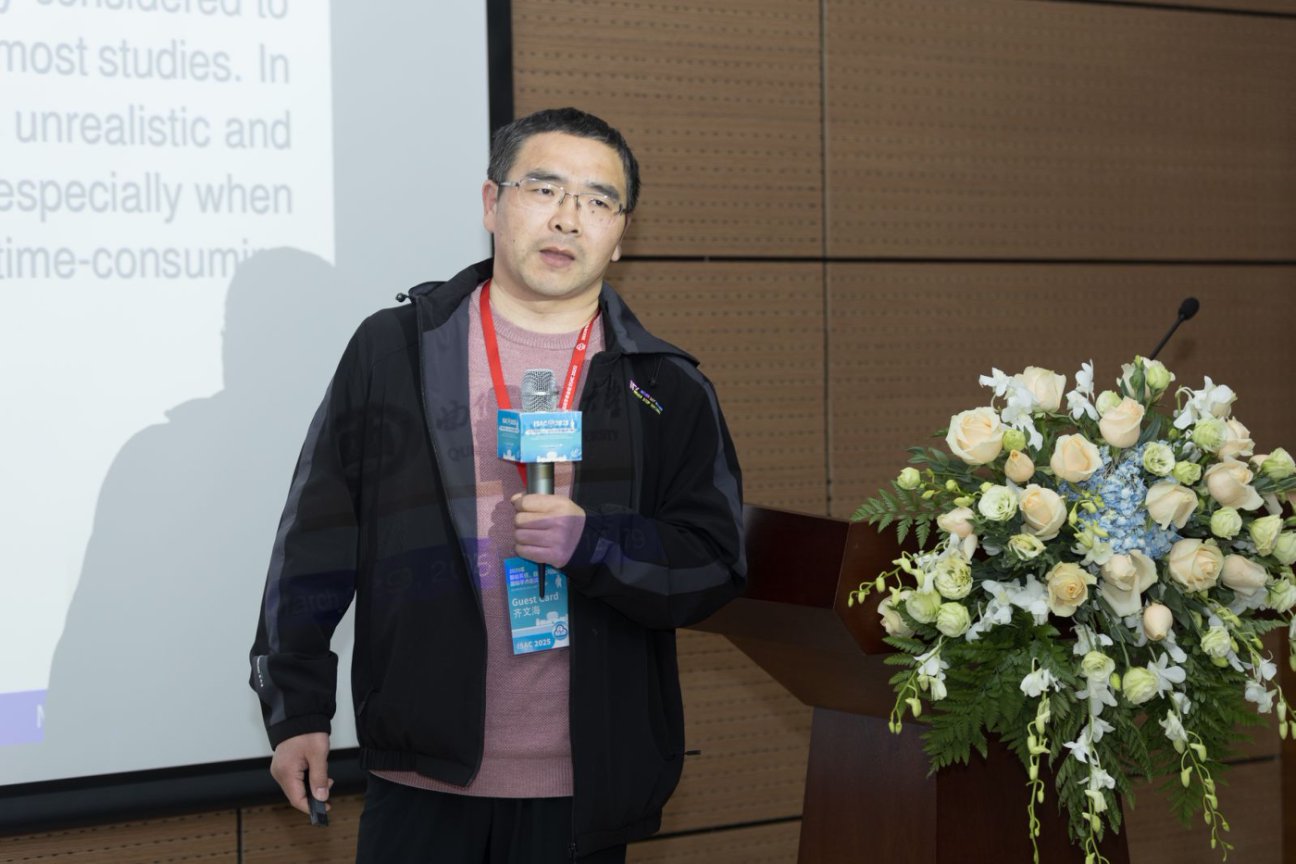
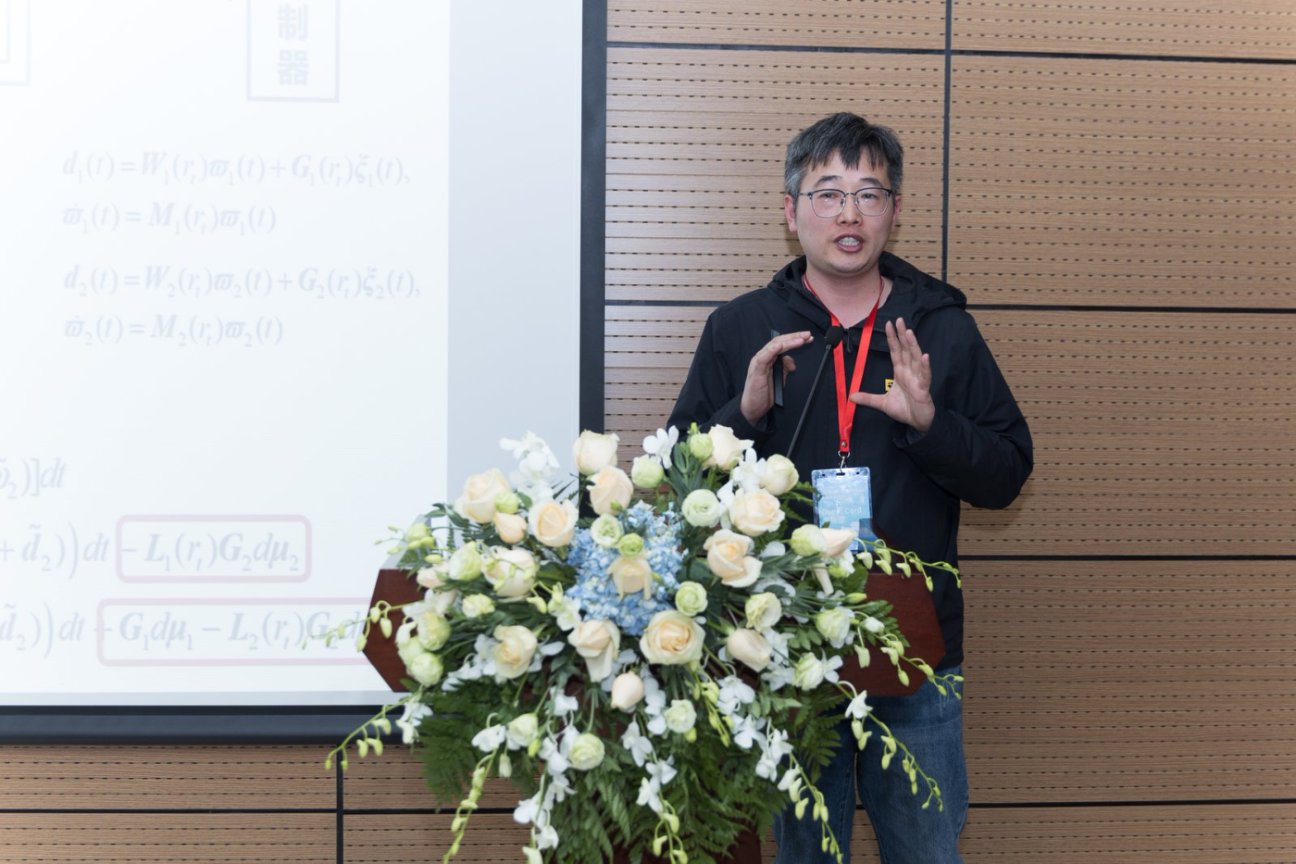
Swipe left or right to view more pictures
The successful conclusion of the 2025 International Academic Conference on Intelligent Systems, Automation and Control (ISAC 2025) not only showcased the cutting-edge research trends in this field but also provided an ideal platform for global scholars to engage in academic exchanges and collaborations. The organizers expressed their anticipation of reuniting in 2026 to jointly usher in a new chapter in the field of intelligent systems and automation control!
Swipe left or right to view more pictures
